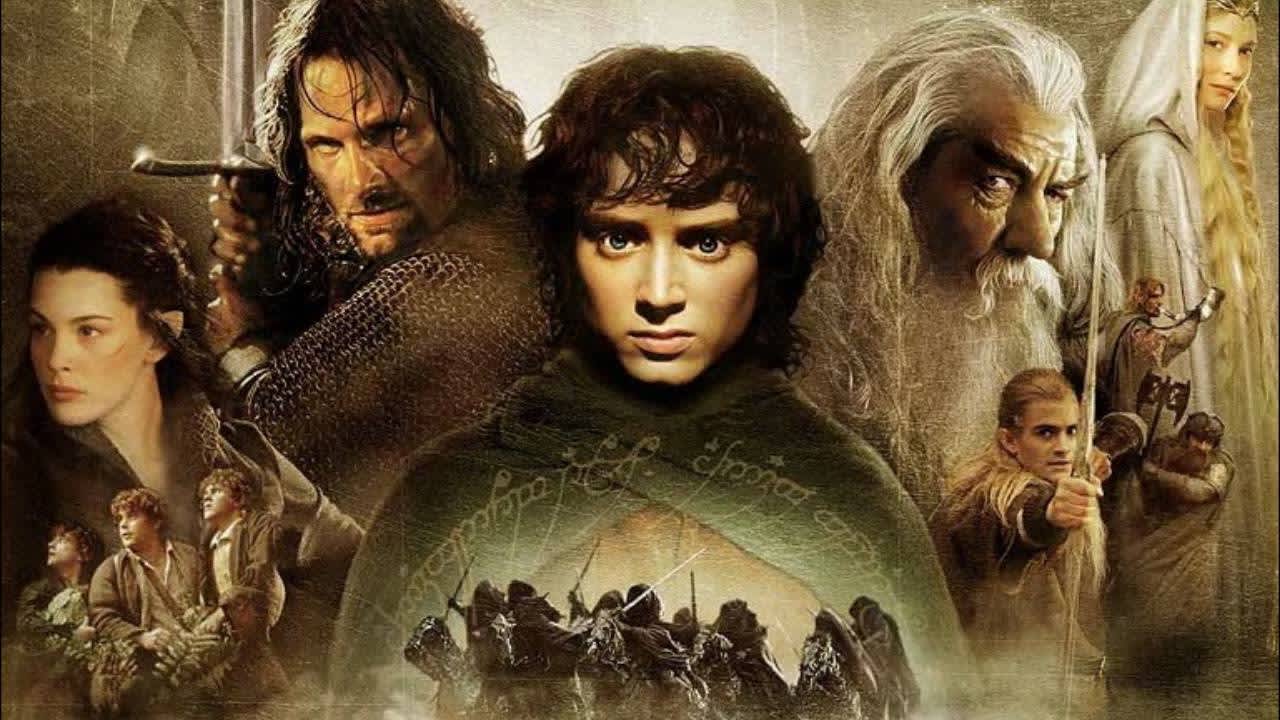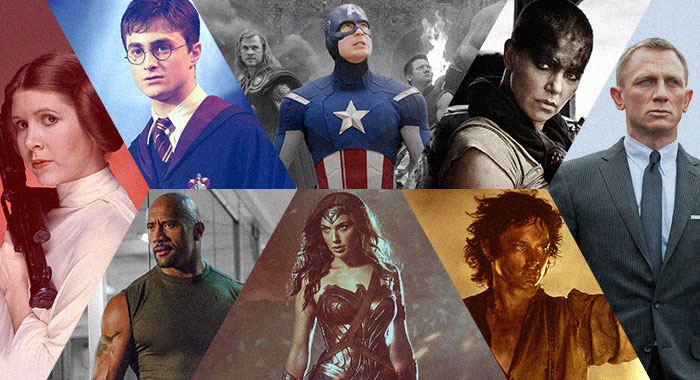Hollywood Franchises: Why Some Work and Some Don’t
Franchises have become a dominant force in Hollywood, with many box office blockbusters being part of a larger series. From the Marvel Cinematic Universe to the Star Wars saga, it seems like every major studio is trying to create its cinematic universe or franchise. But why do some franchises succeed while others fail?
The human element is one feature that distinguishes successful franchises from unsuccessful ones. When characters resonate with viewers, they are likelier to become invested in their tales and stick with them through several films. The Marvel Cinematic Universe, where figures like Iron Man, Captain America, and Thor have become icons in popular culture, is a good example. These characters are adored by audiences, who want to see them in novel and thrilling circumstances.

Nevertheless, it goes beyond having likeable characters. Profitable franchises also have captivating plots that keep viewers interested. For instance, the eight-film Harry Potter series features a complicated and multi-layered plot. Every film builds on the one before it, creating a complex and captivating world where viewers can lose themselves. The Lord of the Rings trilogy, which covers several kingdoms and civilizations, also portrays an epic tale of good vs evil. These franchises are successful because they include action, drama, humour, and emotion, appealing to a wide audience.
However, creating a successful franchise is easier said than done. For every Marvel Cinematic Universe, there’s a failed attempt at a shared universe like Universal’s “Dark Universe,” which aimed to reboot classic monster movies like The Mummy and Frankenstein. This franchise failed because it lacked a clear vision and direction. The films were poorly received by critics and audiences alike, and the planned sequels were cancelled.
Another example of a failed franchise is the Divergent series, based on popular young adult novels. While the first film was successful, the subsequent films failed to capture the same excitement and engagement from audiences. This was due in part to the decision to split the final book into two films, which left audiences feeling like they were being dragged through a story that should have been told in one film. Additionally, the films were criticized for being too similar to other young adult franchises like The Hunger Games and lacking originality.

But perhaps the most important factor in the success or failure of a franchise is timing.
A franchise that is released at the right time can capture the cultural zeitgeist and become a phenomenon. The original Star Wars trilogy, for example, was released in the late 1970s and early 1980s, at a time when science fiction was becoming more mainstream. The films tapped into a cultural fascination with space travel and adventure, and they quickly became a cultural phenomenon. Time can, however, also work against a franchise.
Ultimately, the success or failure of a franchise comes down to a combination of factors. A compelling storyline, likeable characters, and strong direction are all important, but timing and cultural relevance are just as crucial. When a franchise can capture the public’s imagination and become a cultural phenomenon, it can continue to thrive for years to come. However, when a franchise fails to connect with audiences, it can quickly fade into obscurity.
But what about the human element? Ultimately, it is the actors and filmmakers behind a franchise that make it successful. When actors bring their interpretations and personalities to their characters, they can elevate a franchise to new heights. Robert Downey Jr.’s portrayal of Tony Stark/Iron Man in the Marvel Cinematic Universe, for example, is a major reason why the franchise has been so successful. Downey Jr. brought his trademark charisma and wit to the role, making Iron Man one of the most beloved characters in the franchise.

Behind the scenes, the success of a series is also greatly influenced by the directors and writers. The Russo brothers are credited with giving the Marvel Cinematic Universe a sense of consistency and direction while directing several of its movies. They were able to create interesting character journeys while maintaining the franchise’s trademark combination of massive action and humour. In a similar vein, George Lucas, who founded the Star Wars series, is frequently named one of cinema’s most important creators. His vision and inventiveness contributed to the development of the entire science fiction subgenre.
In the end, the success of a franchise is a delicate balance of art and business. Hollywood studios are always looking for the next big thing, but they must also be careful not to over-saturate the market. When a franchise becomes too formulaic or predictable, audiences lose interest. However, when a franchise can evolve and surprise audiences, it can continue to thrive for years to come.
When audiences connect with the characters and storylines, they become invested in the franchise, eagerly anticipating each new instalment. Whether it’s the Marvel Cinematic Universe or the Harry Potter franchise, successful franchises can tap into something universal – the human desire for stories that inspire, entertain, and connect us all.




